
Zhang Wenhong, a member of the 14th National Committee of the Chinese People's Political Consultative Conference (CPPCC), is interviewed ahead of the opening of the first session of the 14th CPPCC National Committee at the Great Hall of the People in Beijing, capital of China, March 4, 2023. (Photo/Xinhua)
Prompt adjustments to COVID-19 management strategies and effective response of grassroots medical workers are some of the key factors of China's victory over the virus, a political advisor said on Saturday.
Zhang Wenhong, an infectious disease professor at Huashan Hospital of Fudan University in Shanghai and a member of 14th National Committee of the Chinese People's Political Consultative Conference, called for boosting grassroots health facilities and improving triaged medical procedures.
"The central leadership of the Communist Party of China has been upgrading virus control policies based on the latest epidemic situations, which has enabled us to avoid several waves of infection peaks driven by deadly strains," he said on the sidelines of this year's two sessions. "This is the key reason for us to exit the epidemic."
In November, when the less pathogenic but highly transmissible Omicron strain became dominant, China began gradually easing COVID-19 curbs and experienced an infection peak around late December.
Zhang said that the month before this year's Spring Festival holiday from Jan 21 to 27 was a particularly tough period for healthcare workers.
"Many experts in Shanghai, including myself and my teams, visited the 247 community health centers across the city," he said. "During these visits, I found that grassroots medical workers had actually shouldered a ton of anti-virus work and they constituted as a key force to exiting the epidemic."
Zhang recalled that during a visit in the city's Zhujiajiao township, a 68-year-old COVID-19 patient was able to receive a consultation from high-level experts thanks to a remote diagnosis platform and additional help from local doctors.
"The story has reaffirmed my determination to beef up community healthcare systems," he said. "If we can effectively mobilize healthcare resources in neighbourhoods, more critical patients can access better treatment earlier."
As the domestic epidemic has subsided, he said it is time to strengthen grassroots healthcare systems and improve the agility of triaged procedures, in order to increase the resilience of China's medical system.








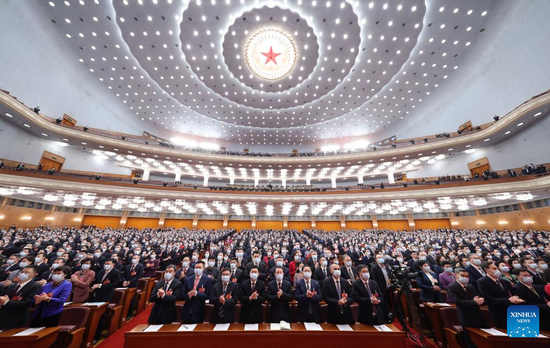
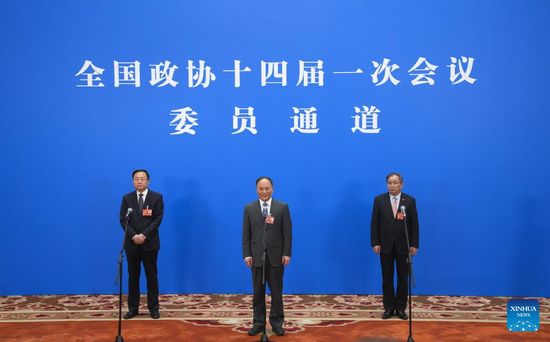
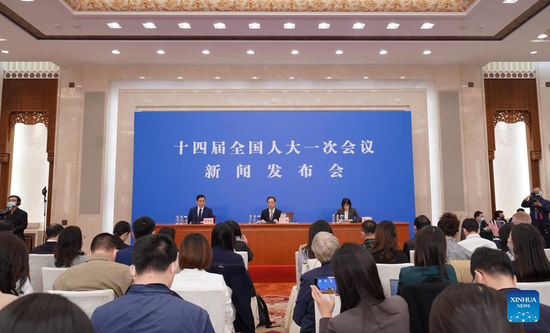
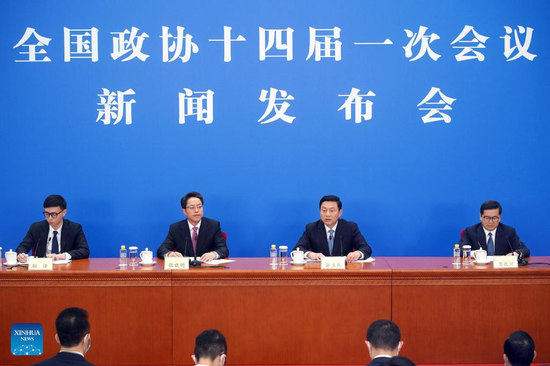
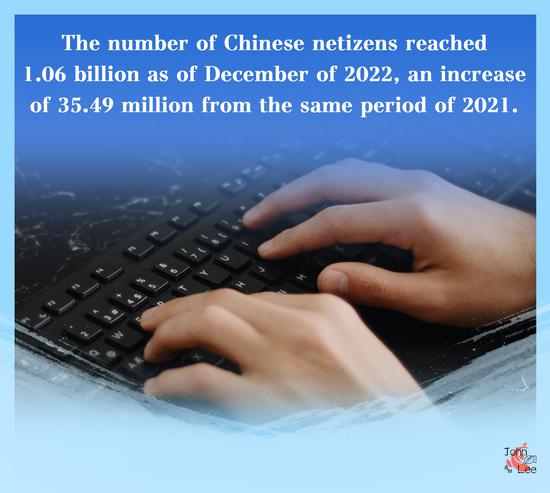
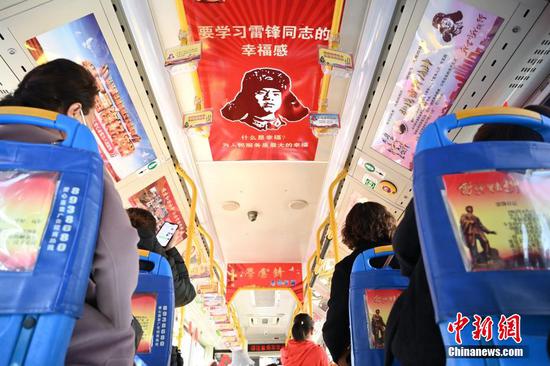
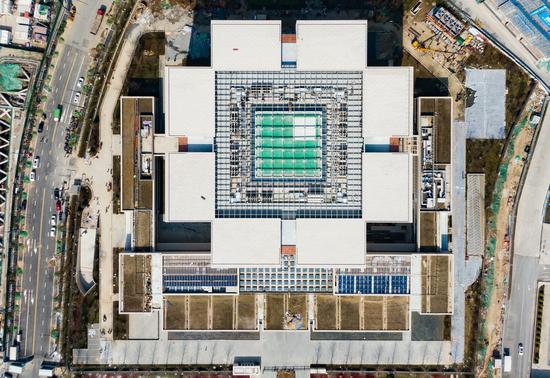

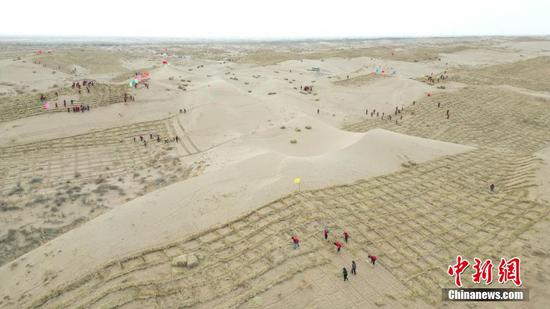





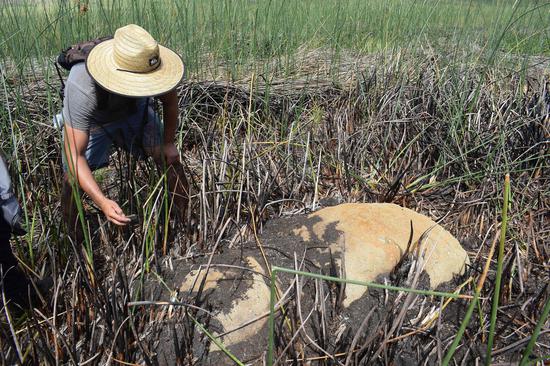

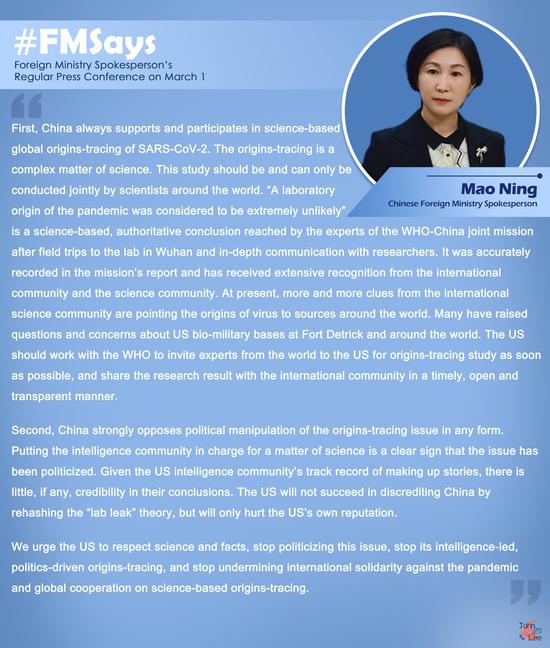



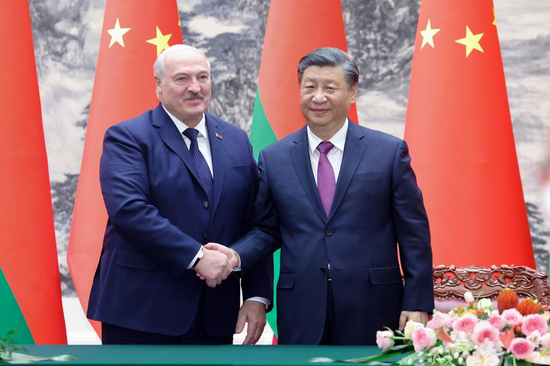


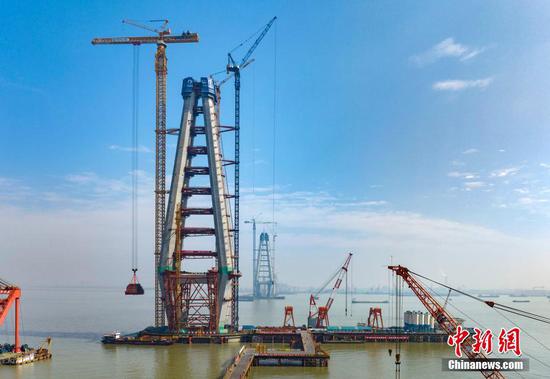
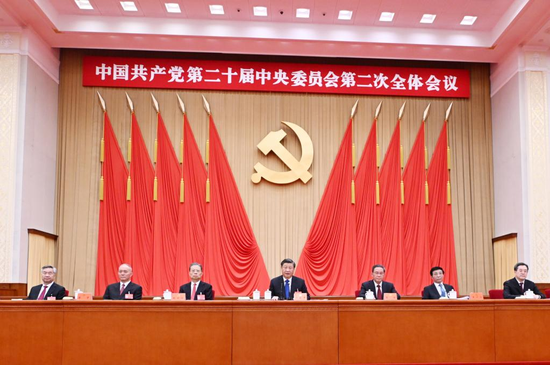







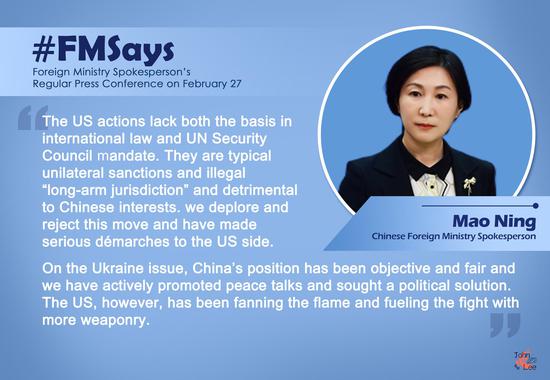

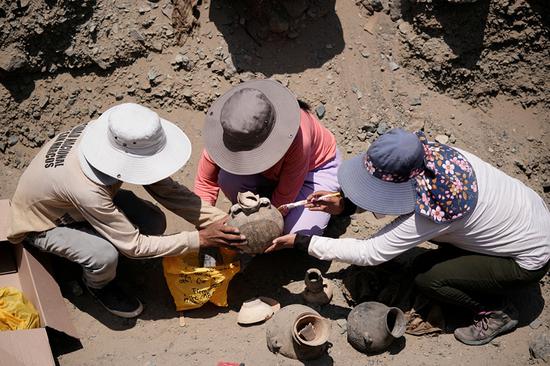







 京公网安备 11010202009201号
京公网安备 11010202009201号